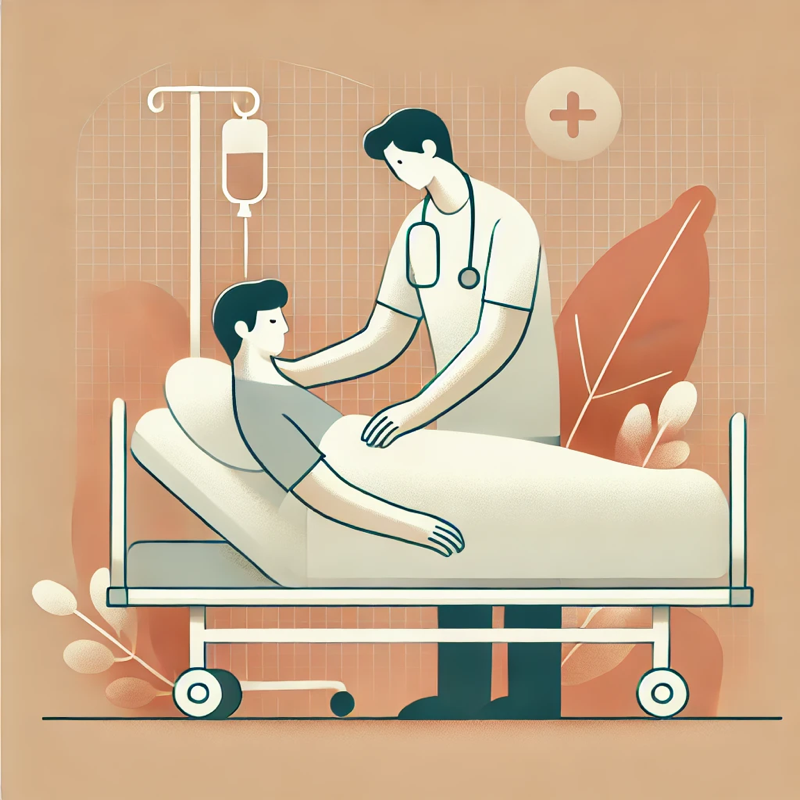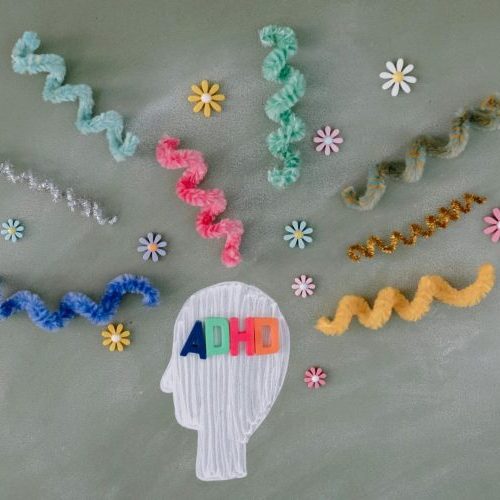Entering Aged Care
I began my journey in aged care at a critical moment during the global COVID-19 pandemic, guided by the recommendations of H1 Healthcare. The circumstances were unprecedented: residents were largely confined indoors, limiting social interaction and mobility. Despite these challenges, I was given the opportunity to work closely with each resident, observing and understanding their unique needs in a more focused, one-on-one setting. This experience offered a rare insight into the individualized care required to ensure both safety and emotional well-being during a time of heightened vulnerability.
Building Daily Routines
A key aspect of aged care is supporting residents through structured daily routines. From feeding assistance to personal hygiene and mobility support, I worked to create a sense of stability and familiarity in their day-to-day lives. The consistency of these routines not only maintained physical health but also provided emotional comfort, helping residents feel secure in a world that suddenly felt uncertain. Through careful observation and attentive care, I learned to anticipate needs and adjust my approach to suit each individual’s preferences and capabilities.
High-Demand and Specialized Care
Many residents required high-demand support, involving both physical assistance and close monitoring. Tasks included feeding, transfers, and other hands-on care routines that demanded both technical skill and patience. The pandemic situation emphasized the importance of infection control, careful handling of equipment, and maintaining hygiene standards at all times. This experience enhanced my ability to deliver complex care safely and efficiently, while respecting the dignity and independence of each resident.
Connecting Beyond Care
Beyond the physical and routine support, aged care offered profound opportunities to connect with residents on a personal level. Spending extended time together indoors allowed me to learn about their life histories, values, and stories—reminding me that each resident carries a unique and valuable perspective on humanity. These interactions reinforced my belief that aged care is not only about meeting physical needs but also nurturing emotional well-being, empathy, and meaningful social engagement. It became clear that the role of a caregiver is both a responsibility and a privilege.






 using WordPress and
using WordPress and
No responses yet